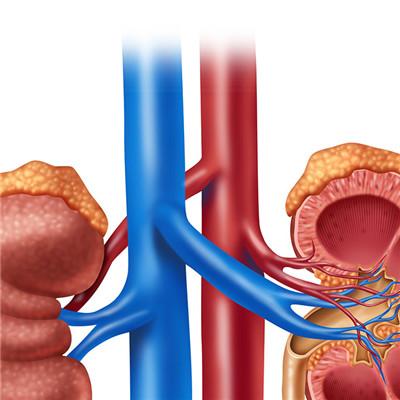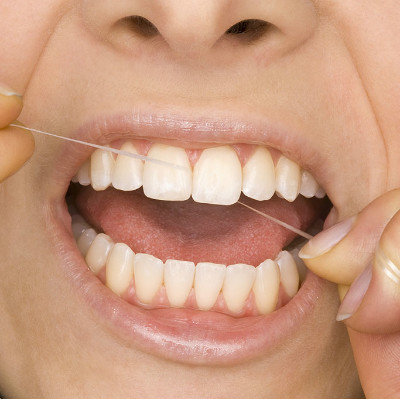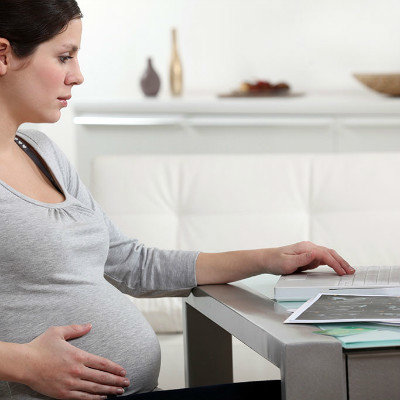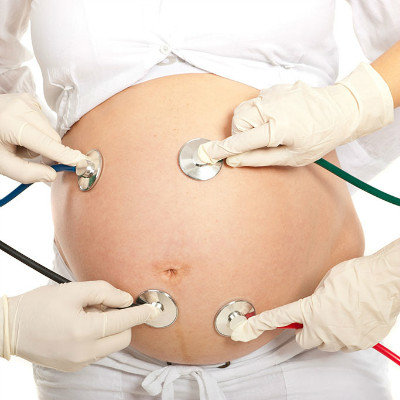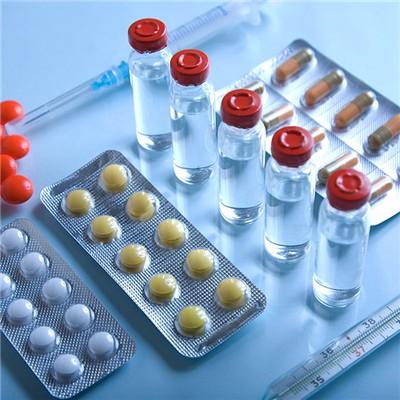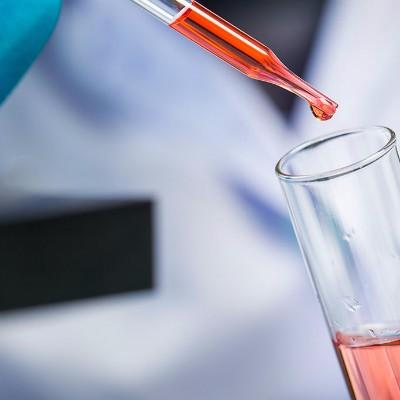What does inchoate chronic nephritis symptom have?
summary
What are the early symptoms of chronic nephritis? Many patients feel incredible after knowing that they have been diagnosed with chronic glomerulonephritis, because before that, the patients have not noticed anything unusual. Thus, it is very important for patients to fully understand the early symptoms of chronic nephritis.
What does inchoate chronic nephritis symptom have?
About 33% of patients will have elevated blood pressure, manifested as headache, memory loss, poor sleep and other symptoms. Because of the above symptoms, and found that patients with elevated blood pressure must check urine stereotypes, especially young patients.
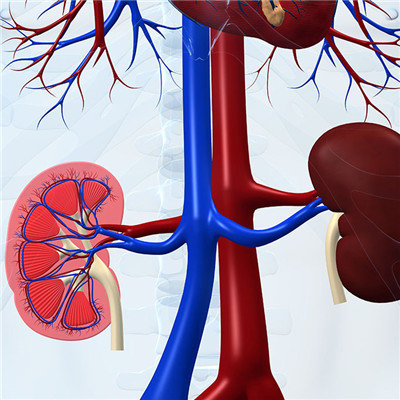
In the early stage of chronic renal insufficiency, the number and volume of urination at night may only increase. If the healthy people do not drink a lot of water before going to bed, they should not urinate or only urinate once after sleeping at night. If they urinate more than twice at night, they should go to the hospital to check the urine routine and kidney function.
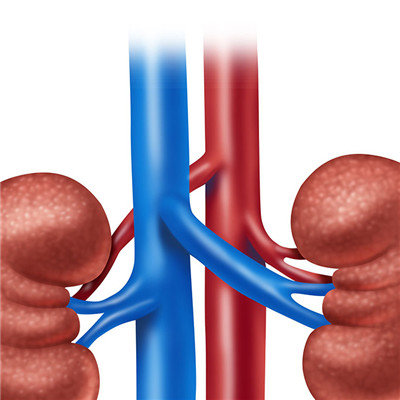
Eyelid edema: kidney's function of excreting and regulating water is damaged, water and sodium in the body are increased, too much water is accumulated in the loose tissue in the body, and eyelid is the part with more loose tissue. Its characteristic is to get up in the morning when obvious, after the activity drops.
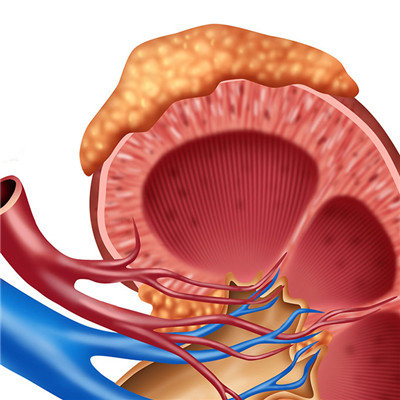
matters needing attention
1、 Rest and work. Once the patient is diagnosed with chronic nephritis, in the initial stage, regardless of the severity of symptoms, should rest as the main active treatment, regular follow-up observation of disease changes. If the patient's condition is improved, edema subsides, blood pressure returns to normal or close to normal, urine protein, red blood cells and various tube types are in trace, and renal function is stable, light work can be started after 3 months, so as to avoid strong physical labor and prevent the occurrence of respiratory tract and urinary tract infection. The amount of activity should be increased slowly and gradually to promote the recovery of physical strength. All patients with hematuria, large amount of proteinuria, obvious edema or hypertension, or progressive renal dysfunction should rest in bed and take active treatment. 2、 Diet. In patients with acute attack of chronic nephritis, edema or hypertension, the amount of salt should be limited to 2-4 g per day. High edema should be controlled below 2G per day, salted fish and all kinds of salted vegetables should be avoided, and the amount of sodium salt should be gradually increased after the edema subsided. In addition to significant edema, the amount of drinking water should not be limited. The patients with low plasma protein but no azotemia should be fed a high protein diet. The daily protein should be 60-80g or higher. In case of azotemia, the total amount of protein intake should be limited to less than 40g per day. High quality protein rich in essential amino acids should be supplied. The total calorie should be about 0.146kj/kg body weight. Nutrition and vitamins should be supplemented in the diet. Fruits and vegetables are unlimited.

